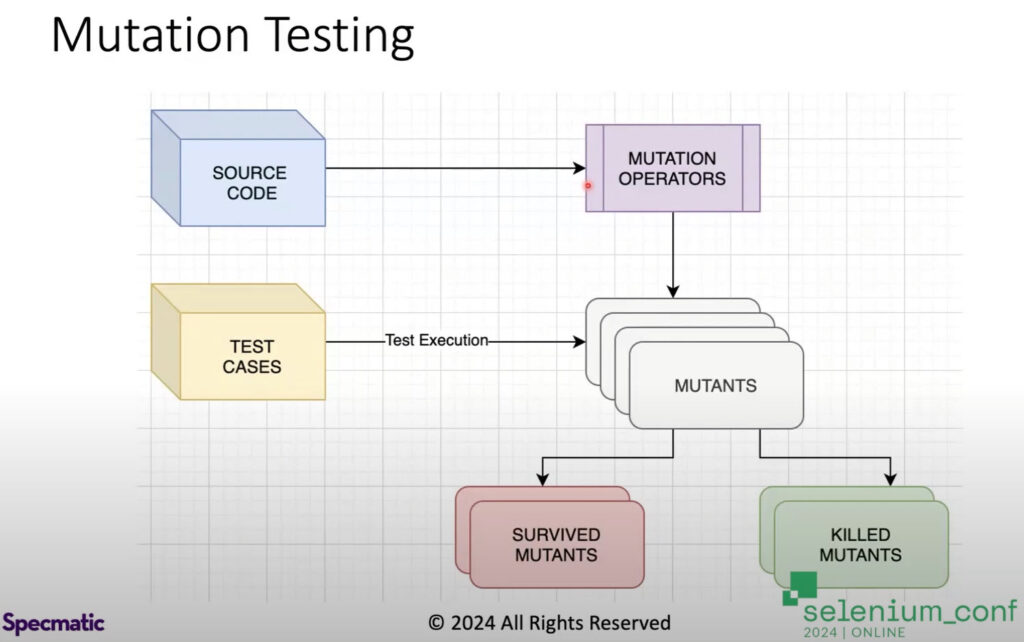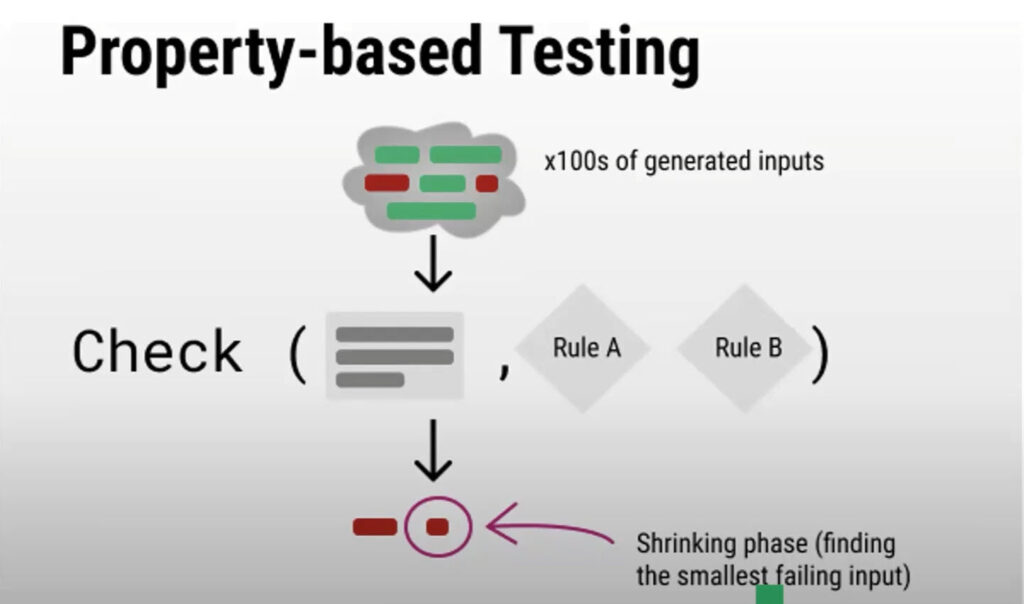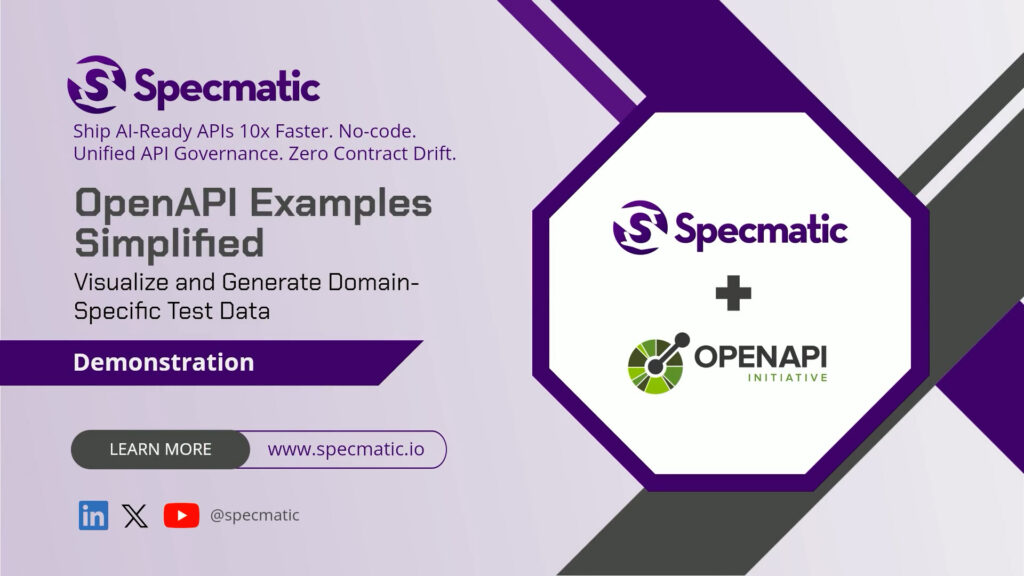API Resiliency Testing
Building Resilient APIs with Specmatic
In a landscape where microservices and distributed architectures are proliferating, ensuring the resilience of APIs is crucial for maintaining robust applications. API resilience testing helps guarantee that APIs can handle unexpected conditions and recover gracefully from failures. Specmatic is a powerful tool that can significantly enhance your resilience testing efforts by leveraging approaches like mutation testing, property-based testing, backward compatibility testing, and automatic test generation.
Mutation Testing for Stronger API Validation
One of the cornerstone techniques in API resilience testing is mutation testing. This sophisticated method goes beyond traditional coverage metrics by introducing small changes—mutations—to the code, such as altering logical conditions. These changes create variants, or “mutants,” of the original code, which are then subjected to existing tests. The objective here is to verify how well your tests can detect these intentional faults.

The strength of mutation testing lies in its ability to uncover weak spots in your test suites. For instance, consider a service responsible for processing orders. A mutation might change how a process determines order validity. If the tests catch this mutation and fail as expected, it proves their effectiveness. However, if the mutant code passes through unscathed, it indicates that the tests may be inadequate at identifying potential faults in the order processing logic. This rigorous checking ensures not just high coverage but also high-quality, effective tests that are more likely to catch real-world issues.
Property-Based Testing for Comprehensive Validation
Another powerful method is property-based testing, which turns traditional unit testing on its head by focusing on the properties of the data rather than specific input-output pairs. This type of testing generates a variety of data sets to validate that certain properties always hold true. For example, if you’re testing an API’s sorting functionality, property-based testing would not only check predefined sets of inputs but dynamically generate numerous lists to verify sorting is accurate under diverse scenarios.

A simple example involves testing a list reversal function. Instead of manually coding tests for a few cases, property-based testing automatically creates multiple data sets—including edge cases like empty and single-element lists—to ensure reversing a list twice returns it to its original state. This broad-spectrum validation significantly enhances the robustness of your API under various conditions.
Automated Test Generation
One of the standout benefits of Specmatic is its ability to generate tests automatically. Leveraging API specifications like OpenAPI or AsyncAPI (and others), Specmatic generates varied test payloads and validates responses against derived properties. This automation reduces manual efforts and accelerates the testing process. It not only saves time but also shifts the discovery of problems to earlier in the development cycle, enabling timely fixes and reducing bottlenecks while ensuring faster iterations and higher quality APIs.
Combining Techniques for Superior Resilience
Combining mutation testing with property-based testing results in a highly resilient API testing strategy. While mutation testing ensures that your tests can effectively detect faults, property-based testing expands the depth and breadth of scenarios under which your API is verified. Together, these methodologies provide a more comprehensive safety net.
For instance, with the backend-for-frontend (BFF) architecture model, integrating these testing methods can ensure that various endpoints (like /orders or /products) handle all conditions gracefully. Generating tests from API specifications like OpenAPI guarantees that edge cases are covered. Simultaneously, stubbing out dependencies and introducing intentional delays can simulate fault conditions, thus testing how robustly the domain services handle failures.
Benefits of API Resliency Testing with Specmatic
Through the combination of mutation and property-based testing, developers can test APIs to shift-left the discovery of challenges posed by dependency failures, network issues, or unexpected inputs. This ensures that the user-experience remains smooth and reliable, even when underlying services face hiccups. As automated tests provide immediate feedback, developers can quickly identify and address weaknesses in their code right from within their IDE, leading to more robust and dependable services.
Specmatic allows you to leverage these advanced testing techniques, so your development teams can build resilient APIs that offer consistent performance, enhanced user satisfaction, and reduced downtime. This proactive approach to resilience not only helps mitigate risks but also fosters a culture of quality and reliability within your engineering teams.
API Resiliency Testing
Building Resilient APIs with Specmatic
In a landscape where microservices and distributed architectures are proliferating, ensuring the resilience of APIs is crucial for maintaining robust applications. API resilience testing helps guarantee that APIs can handle unexpected conditions and recover gracefully from failures. Specmatic is a powerful tool that can significantly enhance your resilience testing efforts by leveraging approaches like mutation testing, property-based testing, backward compatibility testing, and automatic test generation.
Mutation Testing for Stronger API Validation
One of the cornerstone techniques in API resilience testing is mutation testing. This sophisticated method goes beyond traditional coverage metrics by introducing small changes—mutations—to the code, such as altering logical conditions. These changes create variants, or “mutants,” of the original code, which are then subjected to existing tests. The objective here is to verify how well your tests can detect these intentional faults.

The strength of mutation testing lies in its ability to uncover weak spots in your test suites. For instance, consider a service responsible for processing orders. A mutation might change how a process determines order validity. If the tests catch this mutation and fail as expected, it proves their effectiveness. However, if the mutant code passes through unscathed, it indicates that the tests may be inadequate at identifying potential faults in the order processing logic. This rigorous checking ensures not just high coverage but also high-quality, effective tests that are more likely to catch real-world issues.
Property-Based Testing for Comprehensive Validation
Another powerful method is property-based testing, which turns traditional unit testing on its head by focusing on the properties of the data rather than specific input-output pairs. This type of testing generates a variety of data sets to validate that certain properties always hold true. For example, if you’re testing an API’s sorting functionality, property-based testing would not only check predefined sets of inputs but dynamically generate numerous lists to verify sorting is accurate under diverse scenarios.

A simple example involves testing a list reversal function. Instead of manually coding tests for a few cases, property-based testing automatically creates multiple data sets—including edge cases like empty and single-element lists—to ensure reversing a list twice returns it to its original state. This broad-spectrum validation significantly enhances the robustness of your API under various conditions.
Automated Test Generation
One of the standout benefits of Specmatic is its ability to generate tests automatically. Leveraging API specifications like OpenAPI or AsyncAPI (and others), Specmatic generates varied test payloads and validates responses against derived properties. This automation reduces manual efforts and accelerates the testing process. It not only saves time but also shifts the discovery of problems to earlier in the development cycle, enabling timely fixes and reducing bottlenecks while ensuring faster iterations and higher quality APIs.
Combining Techniques for Superior Resilience
Combining mutation testing with property-based testing results in a highly resilient API testing strategy. While mutation testing ensures that your tests can effectively detect faults, property-based testing expands the depth and breadth of scenarios under which your API is verified. Together, these methodologies provide a more comprehensive safety net.
For instance, with the backend-for-frontend (BFF) architecture model, integrating these testing methods can ensure that various endpoints (like /orders or /products) handle all conditions gracefully. Generating tests from API specifications like OpenAPI guarantees that edge cases are covered. Simultaneously, stubbing out dependencies and introducing intentional delays can simulate fault conditions, thus testing how robustly the domain services handle failures.
Benefits of API Resliency Testing with Specmatic
Through the combination of mutation and property-based testing, developers can test APIs to shift-left the discovery of challenges posed by dependency failures, network issues, or unexpected inputs. This ensures that the user-experience remains smooth and reliable, even when underlying services face hiccups. As automated tests provide immediate feedback, developers can quickly identify and address weaknesses in their code right from within their IDE, leading to more robust and dependable services.
Specmatic allows you to leverage these advanced testing techniques, so your development teams can build resilient APIs that offer consistent performance, enhanced user satisfaction, and reduced downtime. This proactive approach to resilience not only helps mitigate risks but also fosters a culture of quality and reliability within your engineering teams.
Related Resources
Build Apps from API specs using AI: Self-Correcting Contract-Driven Agentic Workflows with Specmatic

Agile India 2025
Bengaluru, India




